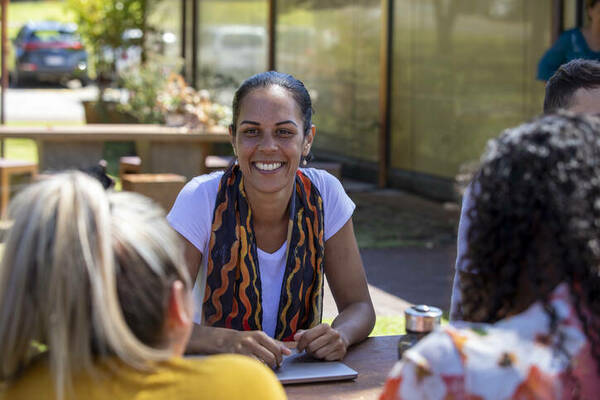Community Engagement and Experiential Learning

A core principle within the McKenna Center is that we learn by directly engaging with the communities, organizations, and individuals we seek to study and understand. Further, engagement can be a source of innovative solutions to social problems and needs, while offering students rich opportunities for experiential learning. Examples include the Center’s coordination of the Urban Poverty and Business Initiative (UPBI), which fosters venture creation by low-income and disadvantaged entrepreneurs in cities across the United States. McKenna also runs the Global Partnership for Poverty and Entrepreneurship (GPPE), a collaboration of individuals and institutions devoted to advancing the poverty-entrepreneurship interface. Other types of engagement include organizing a major conference on the future of work to bring together thought leaders from the private sector, government, international NGOs, foundations, and academia, and hosting the Experiential Classroom, a global clinic on best practices in entrepreneurship education. These community engagement initiatives provide exciting learning opportunities for students. In particular, students are able to write case studies, interview social entrepreneurs, perform consulting projects, complete internships, conduct research, be mentored, and serve as project leaders and volunteers, among other experiential learning possibilities.